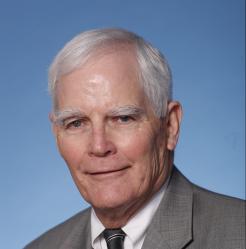2025
The expanded range of disease-carrying mosquitos may be yet another emerging threat of rising temperatures—and its one that affects children, in particular. The spread of the Aedes aegypti mosquito, which transmits the Zika virus thought to cause microcephaly in infants (as well as yellow fever, dengue fever, and chikungunya), has caused growing concern.
As the mosquito’s reach nears the southern United States, and more Americans traveling abroad become infected with Zika, the Obama administration has responded with a $1.9 billion dollar initiative, causing wrangling in Congress about how to pay for it.
On May 4, Princeton University and the Brookings Institution hosted an event to mark the release the spring 2016 issue of The Future of Children. The title of the issue is “Children and Climate Change.” The journal contains nine chapters dealing with various effects of climate change on children. Also released on May 4 will be a policy brief, “Children and Temperature: Taking Action Now,” which reviews the threat posed to children’s health by rising temperatures, especially the link between rising temperatures and the spread of mosquitoes and the Zika virus.
The event focused on the Obama administration’s response to the Zika virus and included a keynote address by Debra Lubar, Director, Office of Appropriations, Centers for Disease Control and Prevention. The event also featured remarks by a panel of experts with extensive knowledge about the impact of rising temperatures on children’s health.
You can join the conversation and tweet questions for the panelists at #ZikaClimate.
Read the full journal on the Future of Children website »
Read the policy brief by Haskins, Currie, and Deschênes »





